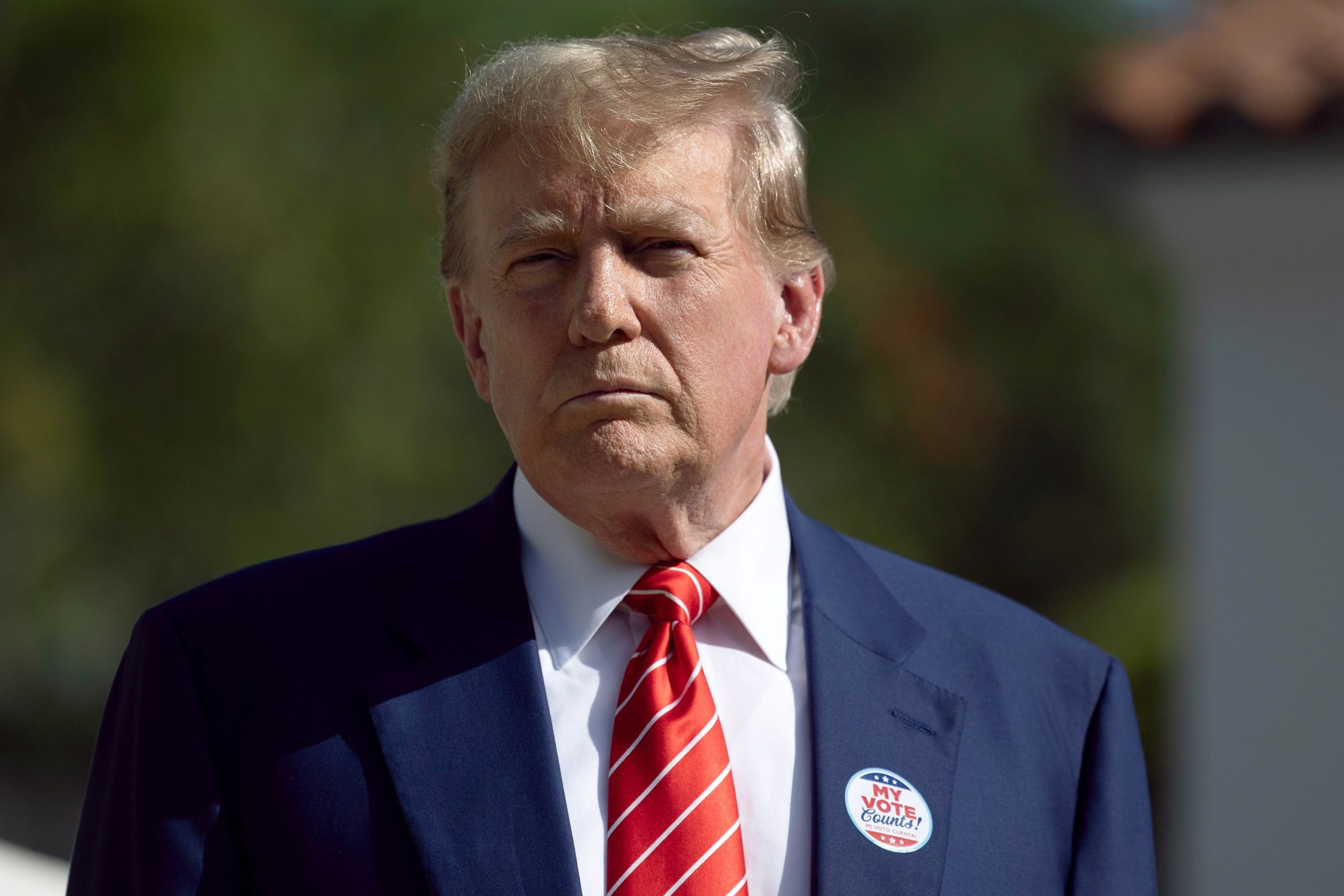The rift between former President Donald Trump and Kari Lake, the expected GOP Senate nominee in Arizona, underscores the problems and challenges facing the Republican Party as it navigates the 2024 election landscape.
Despite Trump’s initial support for Lake, expressed through his jests about her unwavering commitment to his election fraud claims, tensions have emerged over her political viability and perceived missteps in the campaign.
While Lake’s strong connection with right-wing voters secured her position as the presumptive GOP nominee, Trump’s skepticism about her ability to win in Arizona has raised doubts about her candidacy’s effectiveness in both the Senate race and the broader political context.

Republican Kari Lake (Credits: CNN)
Trump’s annoyance with Lake’s frequent presence at Mar-a-Lago and concerns about her potential impact on his own electoral prospects highlight the difficulties of their relationship and its implications for the Republican Party’s unity.
The release of a recording featuring Arizona GOP Chairman Jeff DeWit urging Lake to stay out of the Senate race further exacerbated tensions within the party and damaged Lake’s standing among some Republican leaders.
Despite Trump’s public endorsement of Lake, his private reservations about her candidacy have fueled uncertainty about her ability to unite the party and appeal to a broader electorate beyond the Trump base.
Lake’s efforts to mend fences with moderate Republicans and address concerns about her electability have been met with skepticism, as some GOP leaders remain wary of her confrontational approach and unsubstantiated claims about election fraud.

Donald Trump (Credits: CNN)
While Trump and Lake share a staunchly conservative platform, questions about her campaign strategy, fundraising capabilities, and ability to broaden her appeal beyond the Trump loyalists continue to linger.
As the Arizona Senate race reveals, the dynamics between Trump and Lake will likely shape the trajectory of the Republican Party in the state and its broader electoral prospects in 2024.
The outcome of the race will not only determine the balance of power in the Senate but also serve as a barometer of the GOP’s ability to steer internal divisions and present a cohesive front in a critical battleground state.























